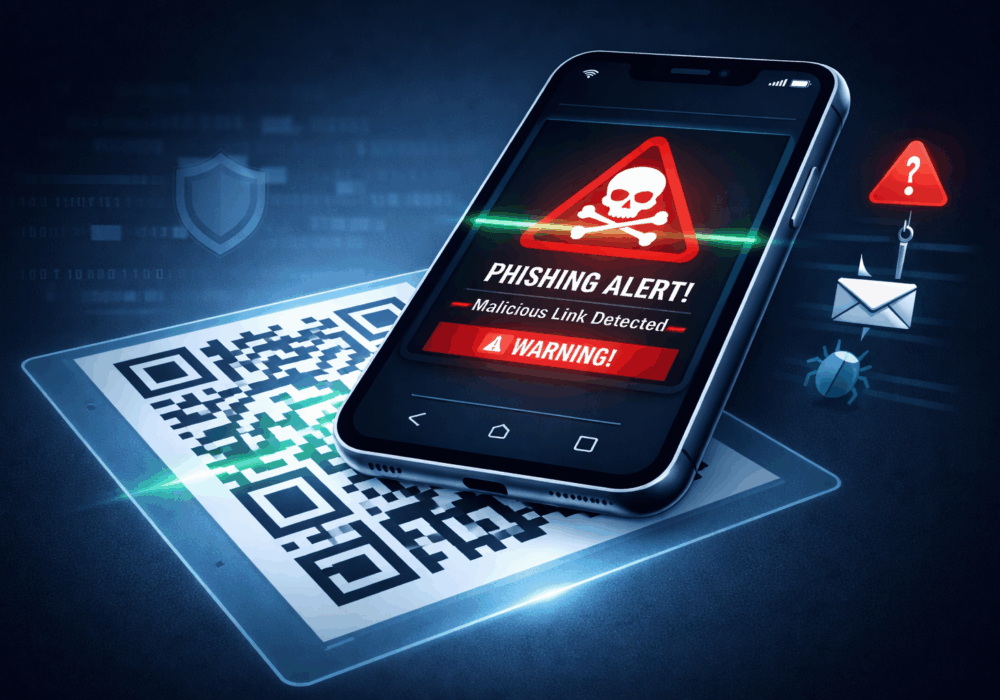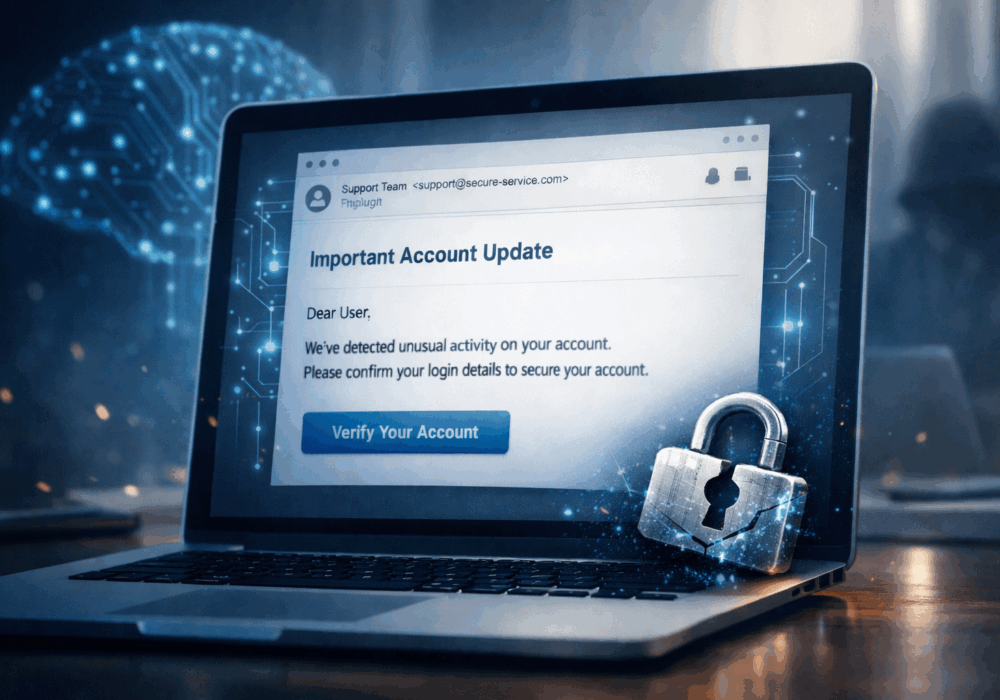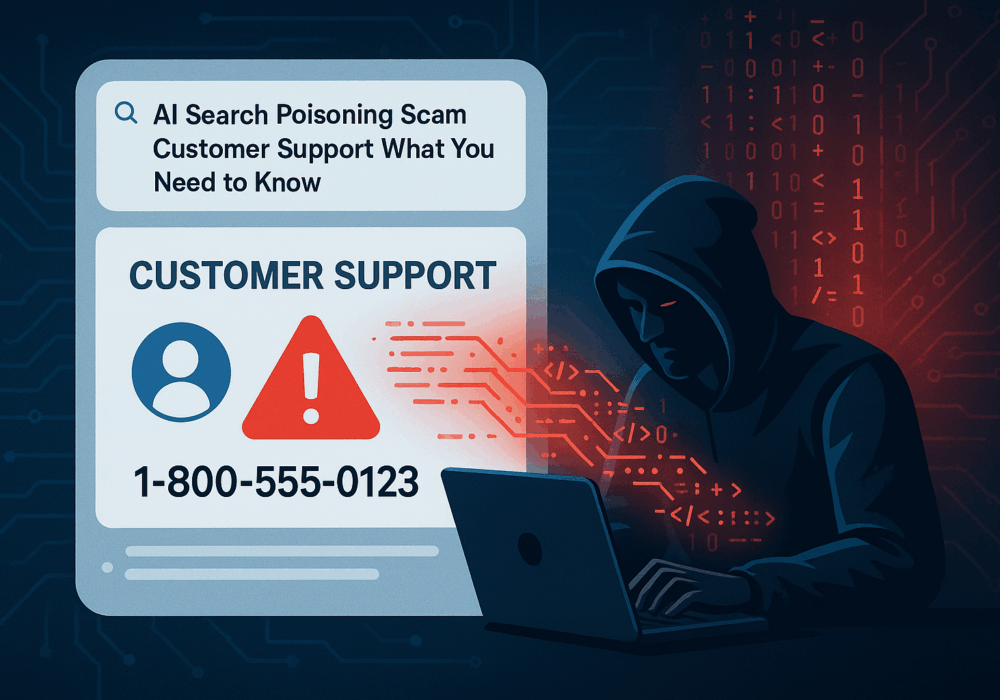Spoiler alert: If you’re still using “password123” or “iloveyou” for your login… it’s time for an intervention. A recent cybersecurity article outlined how security researchers uncovered a treasure trove of 184 million usernames and passwords floating around the internet like confetti at a hacker’s birthday party. The good news is these aren’t newly exposed credentials, but rather the collection of long exposed password accounts in a massive publicly exposed database.
Yep. You read that right. One unsecured Elasticsearch database accidentally left open to the world has just spilled the digital beans. From your Google and Microsoft accounts to Facebook, Apple, and even government domains, this database had it all. It was dark web’s equivalent of combing merchandise from Costco, Amazon, and Walmart in a single store/database!
The culprit likely isn’t just one lazy admin or nosy teenager, researchers believe this data dump came courtesy of an infostealer. Think of it as the James Bond of malware: sneaky, silent, and extremely good at its job. Infostealers typically slide in through phishing emails, dodgy downloads, or shady browser extensions, then vacuum up your saved credentials, crypto wallets, messaging apps, and more.
That’s how all this data, including credentials linked to government domains, wound up chilling in a misconfigured database. If this were a Hollywood movie, it’d be called “Mission Implausible: Terrible Cybersecurity Practices of the Masses.”
Let’s face it — in 2025, your passwords are the keys to your castle, car, crypto wallet, and cat food subscription. But staying safe online isn’t just about locking the door. It’s about knowing how the door works — and that it might be on fire.
Here’s the modern guide to keeping your digital life yours:
Stop memorizing passwords like it’s 2005. Today, password managers generate and remember strong, unique passphrases for every site. They’re the Swiss Army knife of digital security, minus the tiny scissors.
Bonus tip: Avoid ones with breach baggage (do your research here). Try 1Password, Bitwarden, or Keeper.
Let your password manager do the heavy lifting. It’ll generate long, complex passwords (15–20+ characters) using uppercase, lowercase, numbers, and symbols — all while remembering them for you. No more Fluffy1987! You’re smarter than that. And best of all, you don’t have to remember a thing beyond your master passphrase.
Bonus tip: Strength comes from length. The longer the password, the stronger the defense.
MFA is like adding a deadbolt and a retina scanner to your front door. Even if someone gets your password, they’ll still need your phone, fingerprint, or a code from an authenticator app.
No MFA? You’re basically leaving your Netflix and bank account wide open.
That advice is flat and down-right wrong! Regularly changing passwords without an exposure just leads to lazy patterns like P@ssw0rd2024!, P@ssw0rd2025!, etc. Modern security guidelines say: Only change passwords when there’s a real reason — like an exposure or reuse. If you see a current password in this latest database of passwords (you can check for your own exposed data here) then change any and all passwords immediately if they’ve been exposed.
Tools are great, but knowledge is power. Most breaches happen because someone clicks a sketchy link, not because antivirus failed.
That’s why Cyber Literacy training is essential. At CyberHoot, we ditch the blame game and use positive reinforcement to build habits that last a lifetime.
The Nigerian prince isn’t real. Neither is the USPS message telling you your box exploded in customs.
Hover over links. Long press links on a mobile phone without releasing to see. If you can’t verify a link from the source, don’t click it. If it feels off, it probably is.
Yes, you still need anti-malware and an XDR platform if you’re in business. But even the best software can’t stop a well-crafted phishing email. That’s why awareness training and behavior change are the real MVPs.
Passkeys are the new kid on the block — and they’re here to replace passwords entirely.
No password to steal. No phishing trap to fall into. Just secure, seamless login using biometrics or device-based approval.
Think: Face ID + passkey magic = cybersecurity bliss.
Your email is the master key to your digital life. Protect it like it holds your retirement account and your grandma’s pie recipe (because it probably does). Use a strong password managed by your Password Manager and enable MFA or a Passkey to access your email account today.
This exposed database isn’t the first, and it won’t be the last. But every password you strengthen, every phish you dodge, and every MFA you enable, every passkey you adopt, is a victory in the ongoing battle against cyber baddies.
So next time you’re tempted to reuse your Netflix password for your email? Think again. Future You will thank you when your identity isn’t starring in a hacker’s highlight reel.
🔒 Remember: The internet is a jungle. You can either be the predator… or the prey.
🕵️♂️ Stay smart. Stay secure. And for the love of your data, change your passwords.
Discover and share the latest cybersecurity trends, tips and best practices – alongside new threats to watch out for.

Remember 2020? We scanned QR codes for everything. Restaurant menus. Parking meters. That awkward moment at a...
Read more
Phishing emails used to be easy to spot. Bad grammar. Weird links. Obvious scams. Those days are...
Read more
Cybercriminals always follow Internet eyeballs. Not literally, but figuratively. And today's eyeballs are...
Read moreGet sharper eyes on human risks, with the positive approach that beats traditional phish testing.
